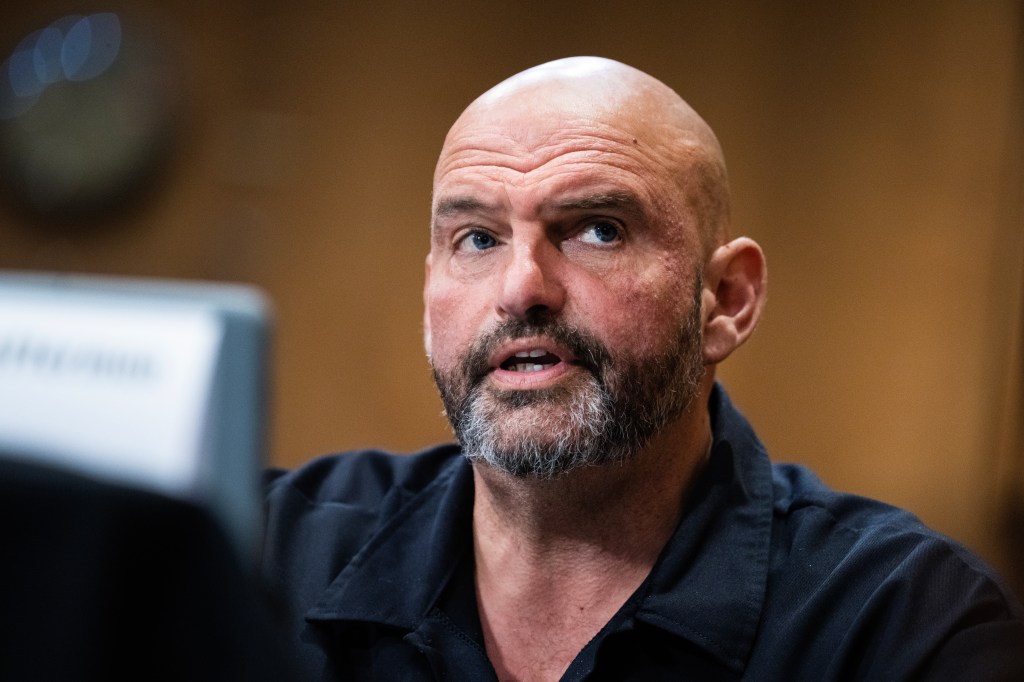On July 23, several US senators proposed new legislation that would apply anti-money laundering (AML) protections to a wide number of professionals in the US art market.
The bill—titled the Art Market Integrity Act—would amend the Bank Secrecy Act to require art dealers and auction houses to comply with anti-money-laundering (AML) and counter-terrorism financing regulations. It would also apply to art advisors, consultants, custodians, galleries, museums, collectors, or “any other person who engages as a business as an intermediary in the sale of works of art.”
Related Articles

If the Art Market Integrity Act were to become federal law, it would give the US Treasury the legal authority to subject these art professionals and institutions to adopt certain AML policies and safeguards, such as conducting due diligence on clients, maintaining records, and reporting suspicious transactions.
The text of the bill specifies that works of art include “any original painting, sculpture, watercolor, print, drawing, photograph, installation art, or video art,” and does not include applied art such as “product design, fashion design, architectural design, or interior design; or mass-produced decorative art, including ceramics, textiles, or carpets.’’
The bill does not contain specific language regarding furniture or antiques.
The bill’s lead author was Senator John Fetterman (D-PA) on behalf of Senators Chuck Grassley (R-IA), Sheldon Whitehouse (D-RI), Bill Cassidy (R-LA), Andy Kim (D-NJ), and David McCormick (R-PA).
A press release from Fetterman’s office said the bill “specifically targets high-risk art market transactions while exempting artists themselves and businesses with under $50,000 in annual art transactions. It would align the United States with international standards already adopted by the United Kingdom, European Union, and Switzerland, preventing America from becoming a safe haven for illicit activities.”
The bill also specifies that art sellers who do not have single transactions over $10,000 and do not total transactions of $50,000 involving a work of art are exempt. It also fully exempts artists who sell their own works, as well as non-profit organizations.
“Art should be for art-lovers, not terrorists and criminals,” Fetterman said in a press statement. “For too long, loopholes have allowed Russian criminal kingpins to evade sanctions and terrorists like Hezbollah to funnel money through art deals.”
Last year, the Treasury Department identified the art market as particularly susceptible to money laundering and the evasion of international sanctions. And over the last few years, several high profile cases have highlighted this issue.
In 2023, art collector Nazem Ahmad was charged with violating and evading US sanctions by dealing $440 million in art and diamonds and using the proceeds to fund the Lebanon-based terrorist group Hezbollah. Russian construction billionaires Arkady and Boris Rotenberg were able to purchase $18 million in art despite US sanctions imposed in 2014. In 2023, Russian oligarch and art collector Roman Abramovich also restructured the trust that held the $963 million art collection he amassed in 2018 with his ex-wife, Dasha Zhukova, ahead of the invasion of Ukraine, protecting it from seizures caused by sanctions.
And last year, the US Department of Justice charged political advisor and Russian television contributor Dimitri Simes and his wife, Anastasia Simes, with violating US sanctions through schemes involving art and antiques.
The Art Market Integrity Act has received endorsements from the Antiquities Coalition, Transparency International U.S., the FACT Coalition, FDD Action, the American Jewish Committee, Razom for Ukraine, American Coalition for Ukraine, the Initiative for the Recovery of Venezuelan Assets (INRAV), the National Border Patrol Council, and the Federal Law Enforcement Officers Association (FLEOA).
But at least one expert does not have high expectations for the proposed legislation.
“Regulation of the opaque art market is desperately needed, but given the success major players have so far had in fighting every attempt to restrict their profits, I have little hope this bill will succeed,” Erin Thompson, a professor of art crime at the John Jay College of Criminal Justice, told ARTnews.

